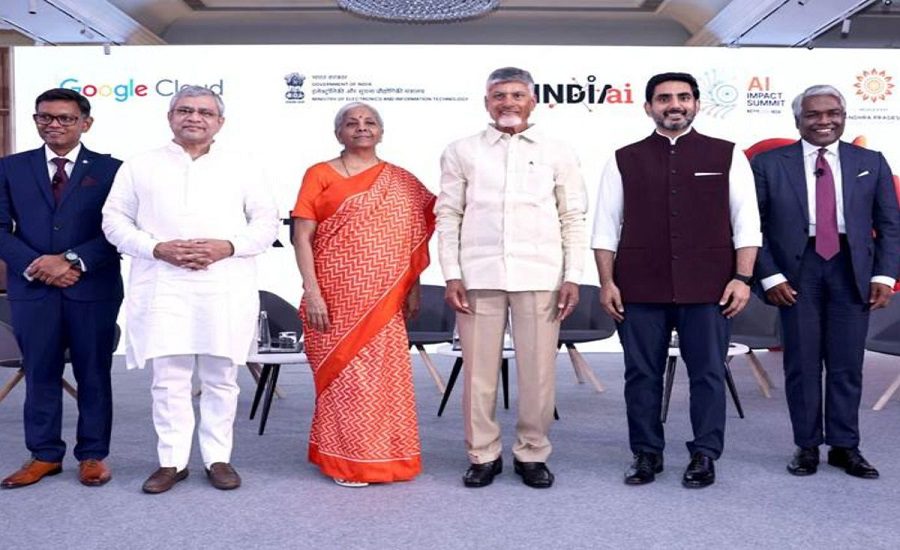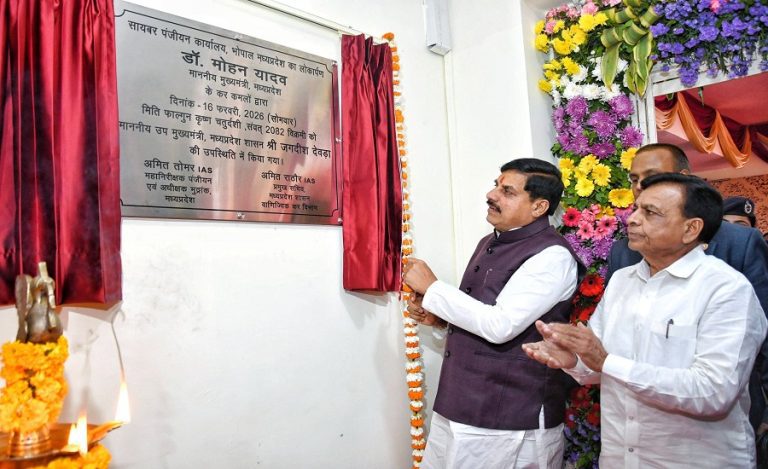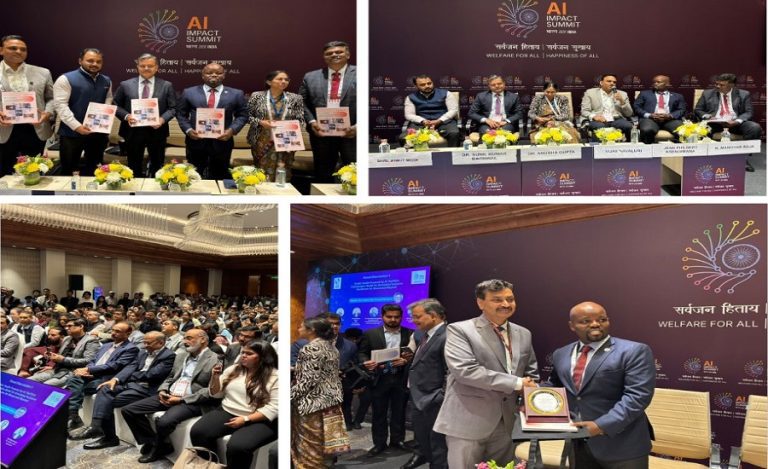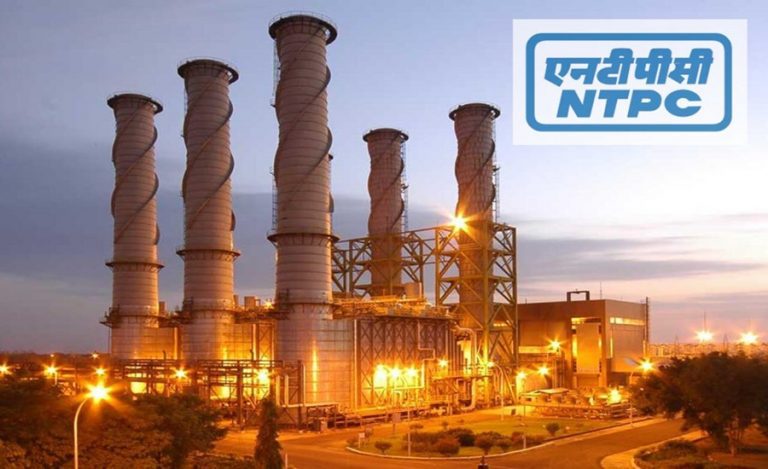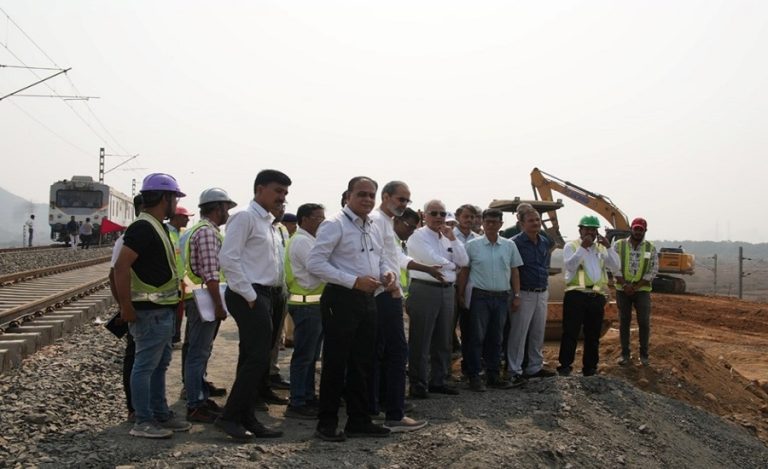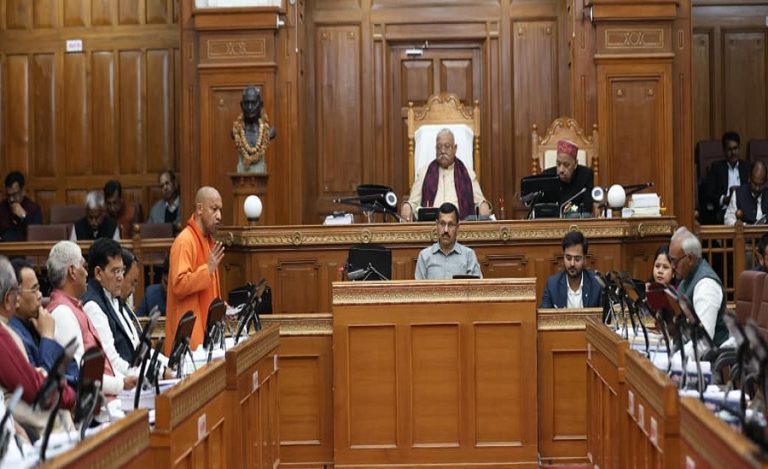New Delhi: In a landmark move poised to reshape India’s digital economy, Google has announced a $15 billion investment to establish a cutting-edge AI hub in Visakhapatnam (Vizag), Andhra Pradesh. This ambitious project, the tech giant’s largest investment in India to date, is aimed at accelerating AI-driven transformation, while also serving as a cornerstone for deeper U.S.–India technology cooperation.
The announcement was made at Google’s ‘Bharat AI Shakti’ event in New Delhi, held ahead of the upcoming India-AI Impact Summit 2026. The event was attended by senior dignitaries, including:
- Mr. Ashwini Vaishnaw, Union Minister for Railways, I&B, and Electronics & IT
- Nirmala Sitharaman, Union Finance Minister
- Mr. N. Chandrababu Naidu, Chief Minister of Andhra Pradesh
- Mr. Nara Lokesh, Andhra Pradesh IT Minister
- Thomas Kurian, CEO of Google Cloud
AI Hub to Deploy Full AI Stack and Drive Inclusive Growth
The AI hub in Visakhapatnam will integrate gigawatt-scale AI infrastructure, advanced data center capacity, expanded fiber-optic and subsea connectivity, and clean energy sources—all designed to support the development and deployment of advanced AI-powered services across sectors.
“This digital infrastructure will go a long way in meeting the goals of our India AI mission,” said Union IT Minister Mr. Ashwini Vaishnaw, thanking Google for its commitment to upskilling India’s tech talent and advancing the AI economy.
Economic Impact: Boosting India and U.S. Economies
According to a Google-commissioned study by Access Partnership, the AI hub is projected to generate $15 billion in U.S. GDP between 2026 and 2030 through new economic activity from cloud and AI adoption, development, and operations involving American talent and technology. The investment also aligns with the Indian government’s Viksit Bharat 2047 vision to promote AI-led innovation and create digital job opportunities.
Mr. N. Chandrababu Naidu said, “This marks a new chapter in India’s digital journey. We are proud to host the country’s first gigawatt-scale data center and Google’s first AI hub in India.”
Key Features of the AI Hub Project
High-Performance Data Center Campus
A purpose-built data center campus in Visakhapatnam will deliver low-latency, high-performance computing for businesses to build, test, and scale AI applications. Google will collaborate with AdaniConneX and Airtel for the development.
Global AI and Cloud Connectivity
The investment includes a new international subsea cable gateway landing in Vizag, complementing existing hubs in Mumbai and Chennai. This will bolster India’s digital infrastructure and position Vizag as a global AI and connectivity hub.
Clean Energy and Grid Resilience
In partnership with local players, Google will implement new clean energy generation, transmission lines, and storage systems in Andhra Pradesh to power the campus sustainably and support India’s energy grid resilience.
Commitment to Responsible AI and Innovation
Thomas Kurian, CEO of Google Cloud, highlighted the broader impact of the initiative:
“The Google AI hub in Visakhapatnam represents a landmark investment in India’s digital future. We are committed to helping India harness the full potential of AI in a way that is inclusive, responsible, and transformational.”
The hub will also benefit from ongoing innovation by Google’s R&D teams in Bengaluru, Hyderabad, and Pune, contributing advanced hardware and software solutions for global deployment.
Strategic Partnership for the AI Era
This announcement signals a generational shift in AI capability and further anchors India’s position in the global digital economy. It also reinforces the growing strategic tech partnership between the United States and India, particularly in areas of AI, cloud infrastructure, connectivity, and clean technology.
As India rapidly scales its AI capabilities, this investment is expected to unlock new growth engines, drive digital inclusion, and create a global benchmark for responsible AI deployment.
Read also: India AI Mission GPUs: 38,000 GPUs at ₹65/Hour and Indigenous LLM by December 2025

